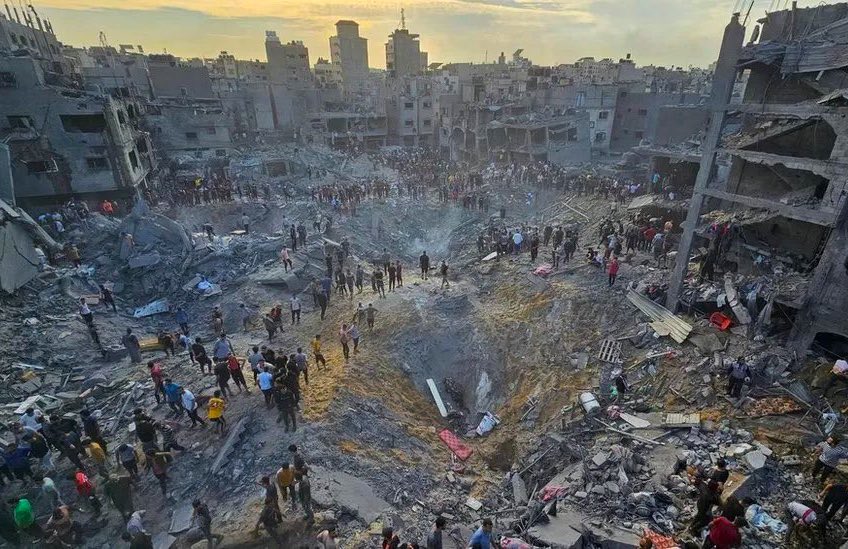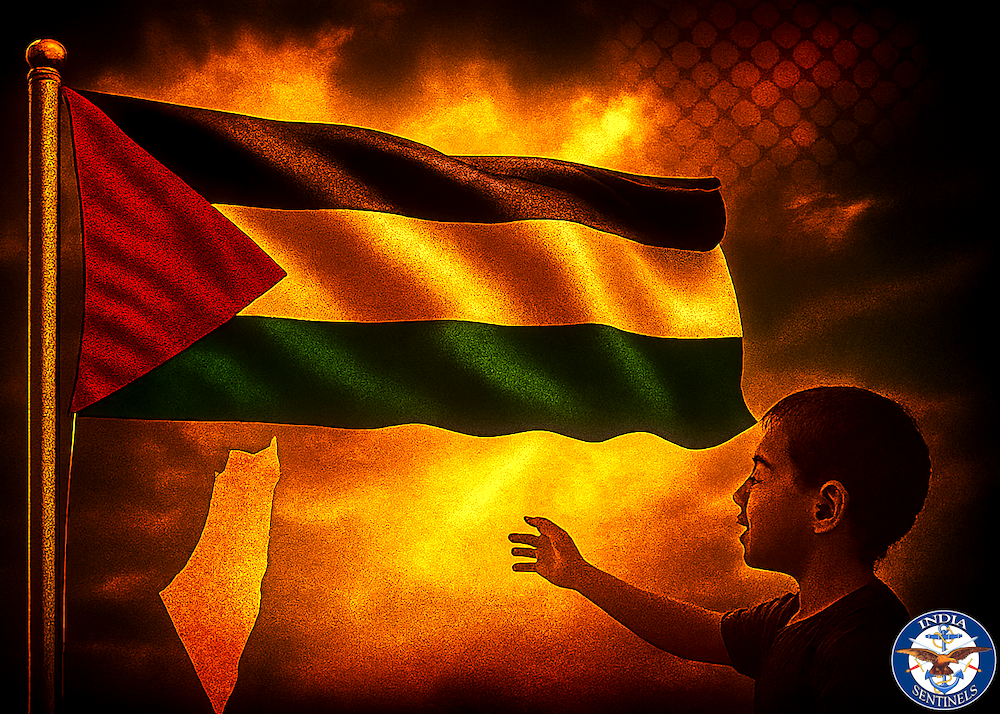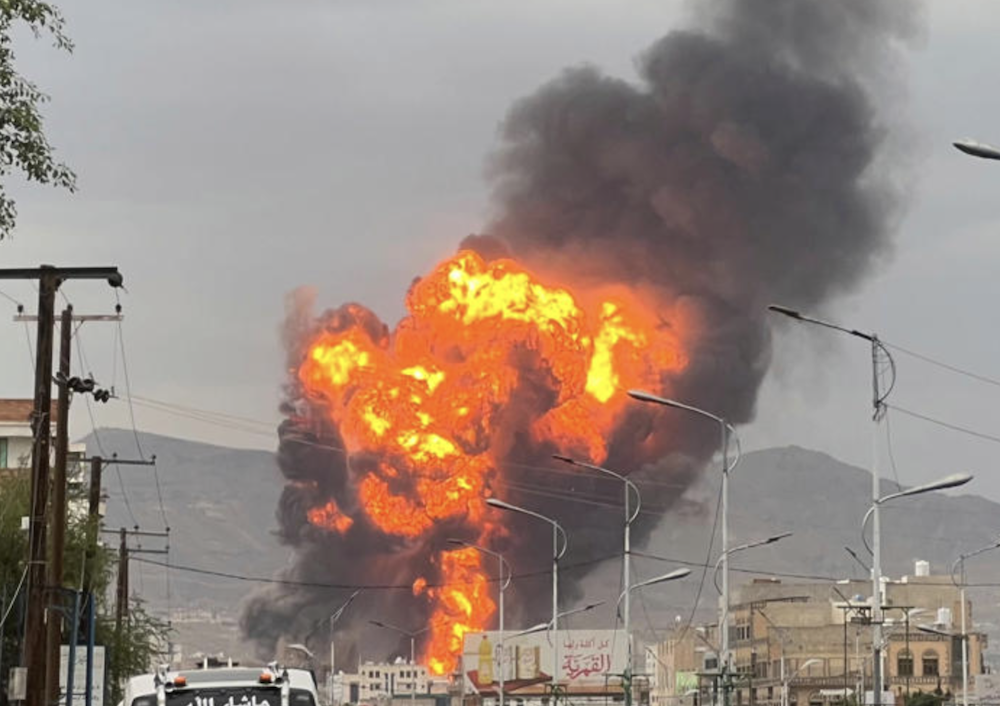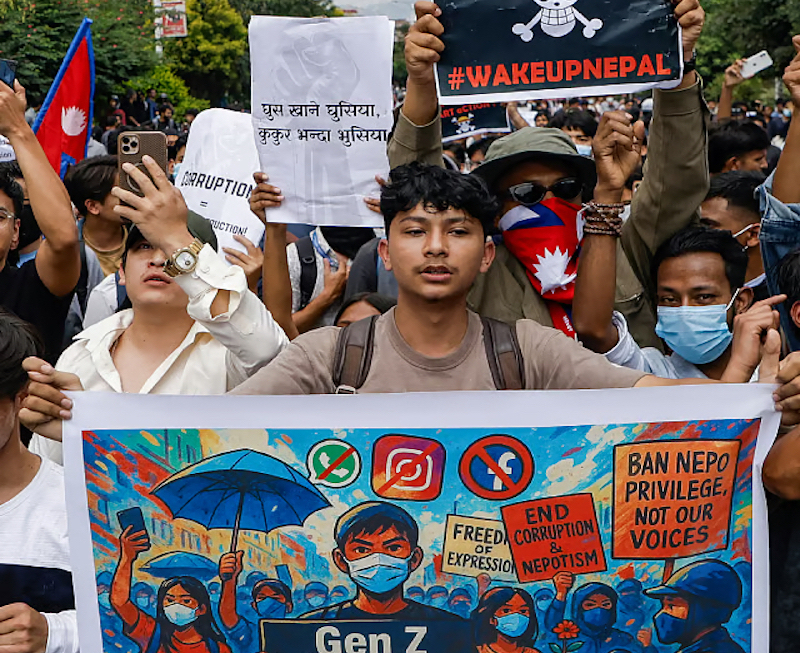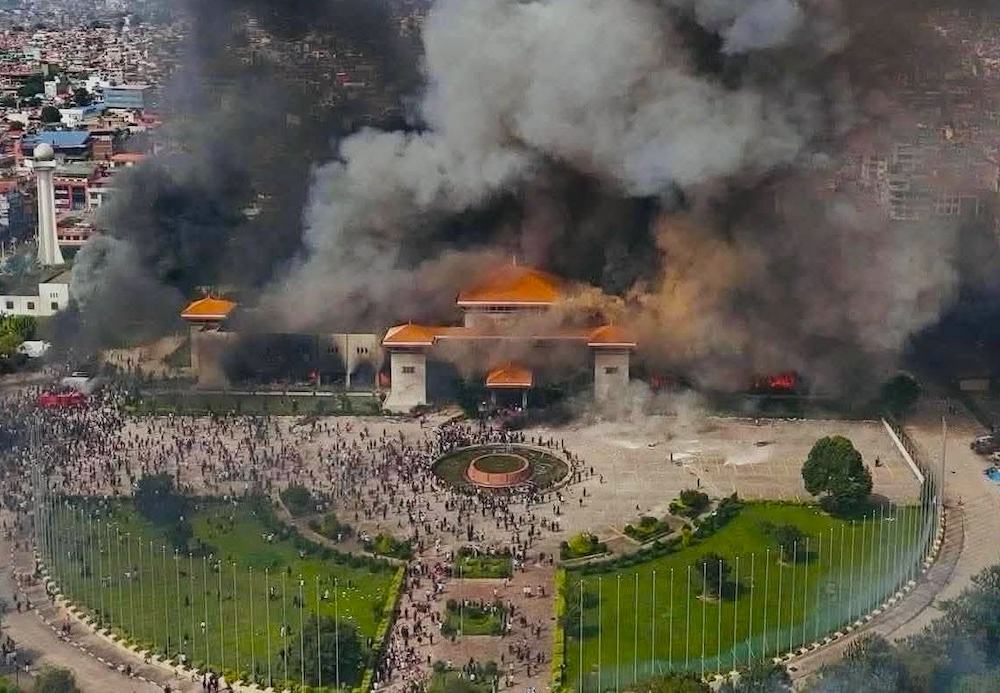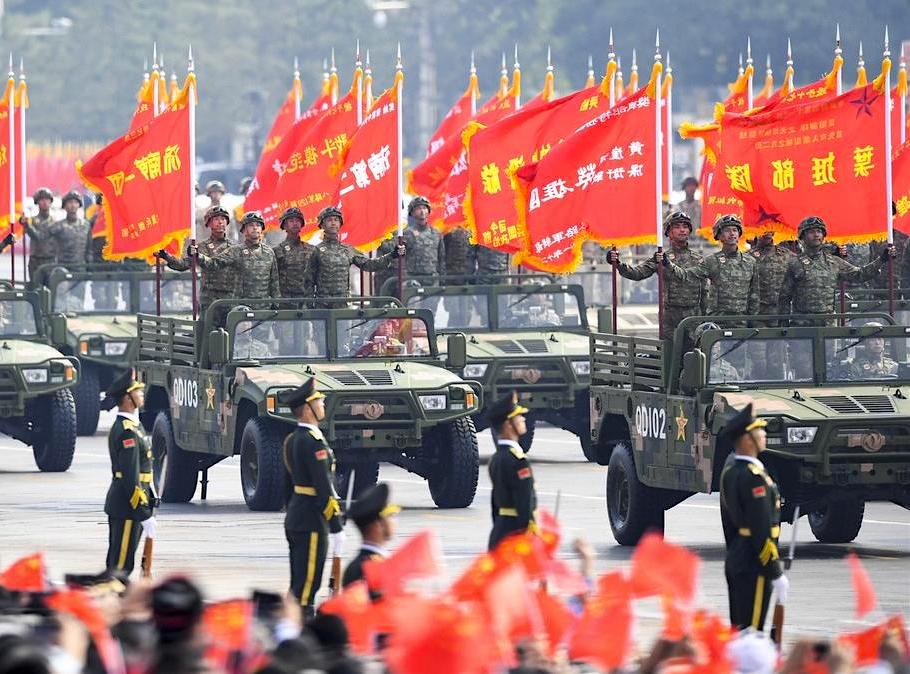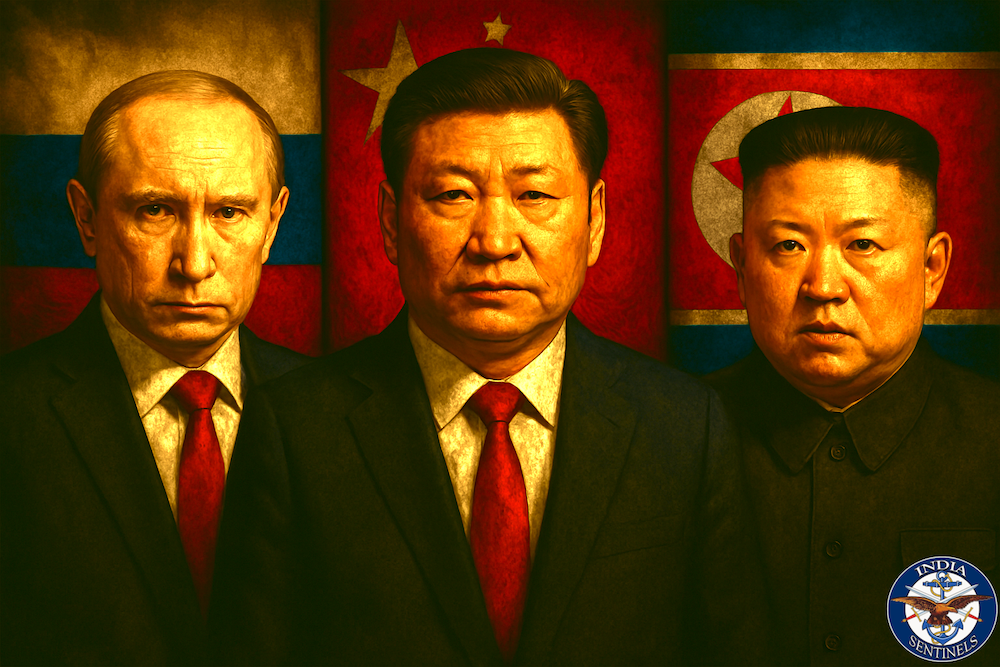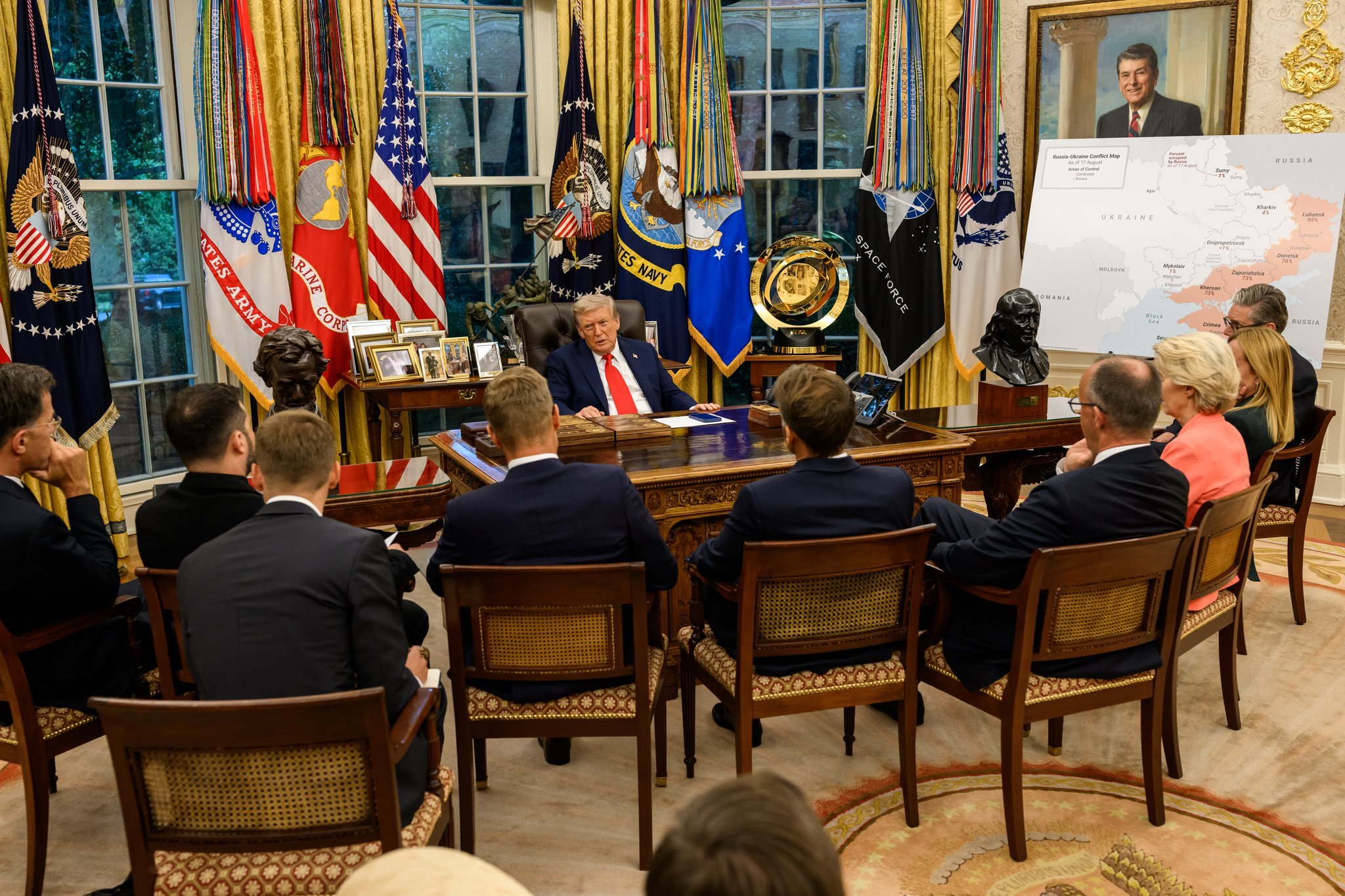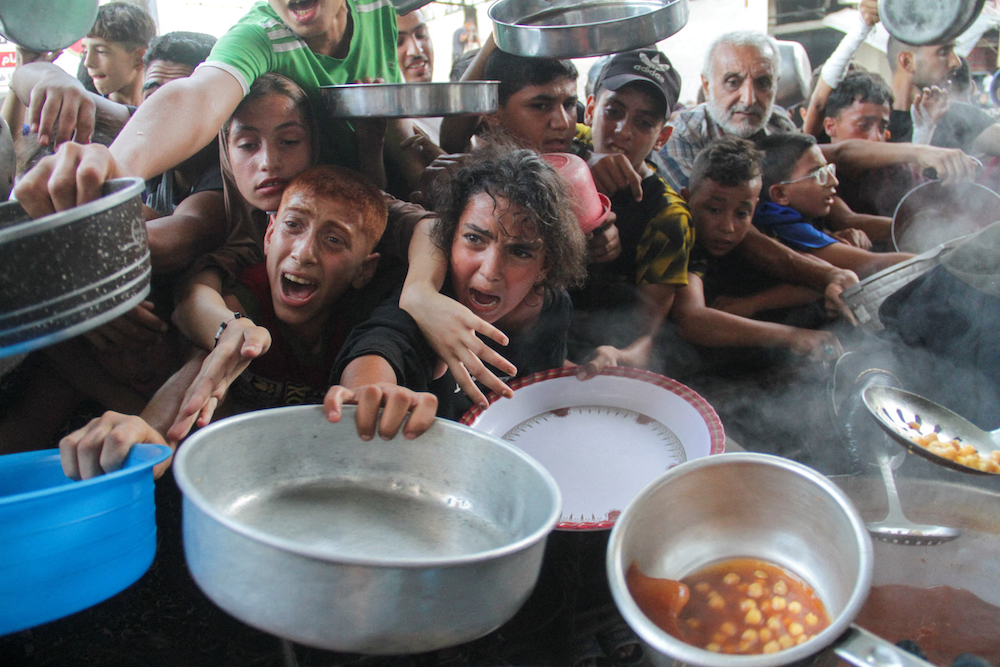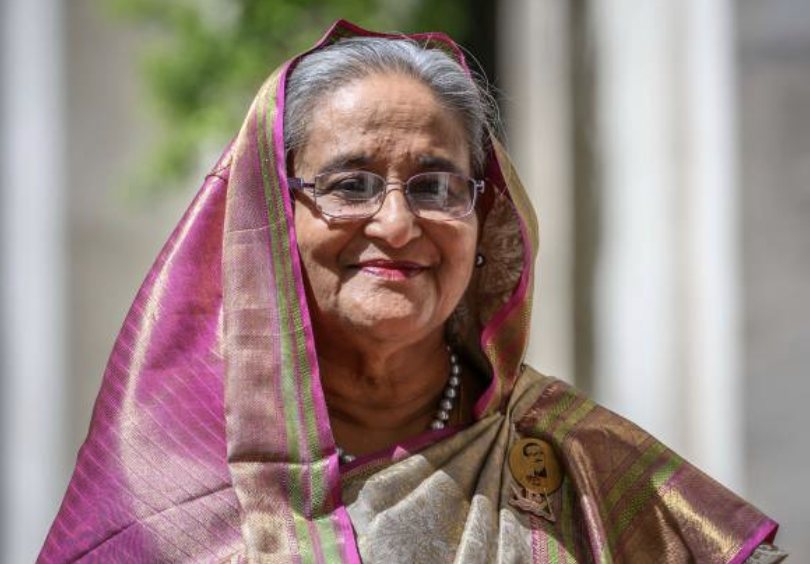 Sheikh Hasina’s Awami League won 252 out of 300 parliamentary seats in Bangladesh’s 2024 general election. (File photo)
Sheikh Hasina’s Awami League won 252 out of 300 parliamentary seats in Bangladesh’s 2024 general election. (File photo)
New Delhi: The Awami League (AL), led by Bangladesh’s prime minister, Sheikh Hasina, has won a fourth consecutive term in power in the country’s general election held on January 7, 2024. According to the official results, the AL and its allies secured 252 out of 300 seats in the parliament, while the main opposition Bangladesh Nationalist Party (BNP) and its allies won only 12 seats. The rest of the seats were won by independent candidates and smaller parties.
However, the election was marred by allegations of widespread boycott, irregularities, violence, and intimidation.
The BNP and several other opposition parties boycotted the election, demanding that it be held under a neutral caretaker government, as they claimed that the election commission was biased and unable to ensure a free and fair vote. The BNP also accused the AL government of cracking down on its leaders and activists, as well as silencing critics and dissenters in the media, civil society, and the judiciary.
The election was also boycotted by the country’s largest Islamist party, the Jamaat-e-Islami (JI), which was barred from contesting by a court order in 2023. The JI is an ally of the BNP and has been accused of committing war crimes during the 1971 independence war against Pakistan.
The election saw a low turnout of around 42 per cent, according to the country’s election commission, which was significantly lower than the 79 per cent recorded in the 2018 election. The BNP and its allies claimed that the turnout was even lower, around 28 per cent, and that many of their supporters were prevented from voting by the AL activists and security forces.
They also alleged that ballot boxes were stuffed with bogus votes and results were manipulated in favour of the AL.
The election was condemned by several international observers and human rights groups, who expressed concerns over the lack of a level playing field, the harassment of opposition candidates and supporters, the restrictions on freedom of expression and assembly, and the incidents of violence and intimidation. The United States, the European Union, the United Kingdom, and India, among others, urged the AL government to address the allegations of irregularities and to engage in dialogue with the opposition to resolve the political impasse.
The AL, however, rejected the allegations and defended the election as legitimate and democratic. Hasina claimed that the people of Bangladesh had given her a mandate to continue her development agenda and to uphold the country’s secular and progressive values. She also accused the BNP and the JI of trying to create chaos and instability in the country by boycotting the election and inciting violence.
She said her government would not tolerate any attempts to undermine the sovereignty and security of Bangladesh.
The election has deepened the political polarization and crisis in Bangladesh, which has been witnessing a bitter rivalry between the AL and the BNP for decades. The two parties represent different visions and constituencies in the country, with the AL claiming to be the champion of secularism, nationalism, and development, while the BNP is seen as a more conservative and pro-Islamic party.
It may be noted that BNP chairperson Khaleda Zia, who was the country’s prime minister from March 1991 to March 1996 and again from June 2001 to October 2006, is in virtual house arrest at her home in Gulshan and is not allowed to leave the country. She is the first woman who served as the prime minister of Bangladesh.
The election has also exposed the fragility of the country’s democratic institutions and processes, which have been eroded by the concentration of power, corruption, and repression under the AL rule. Bangladesh observers and rights defenders say the future of democracy and stability depends on the ability and willingness of the political actors to overcome their differences and to work together for the common good of the nation.
Editor’s note: India Sentinels publishes, from time to time, world news and op-eds, depending upon their gravity and impact on global security and diplomacy.

